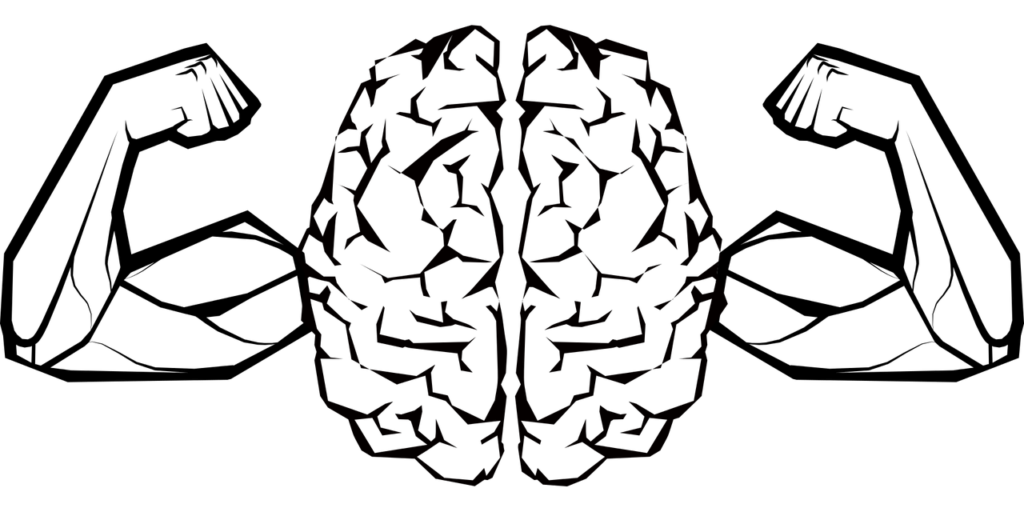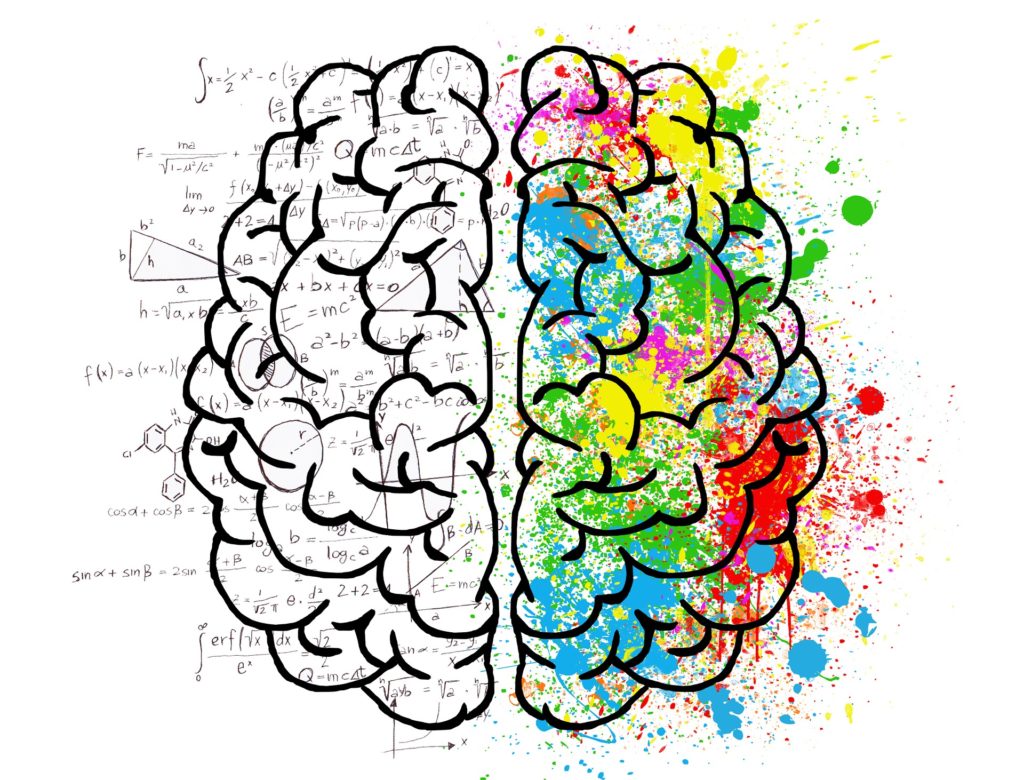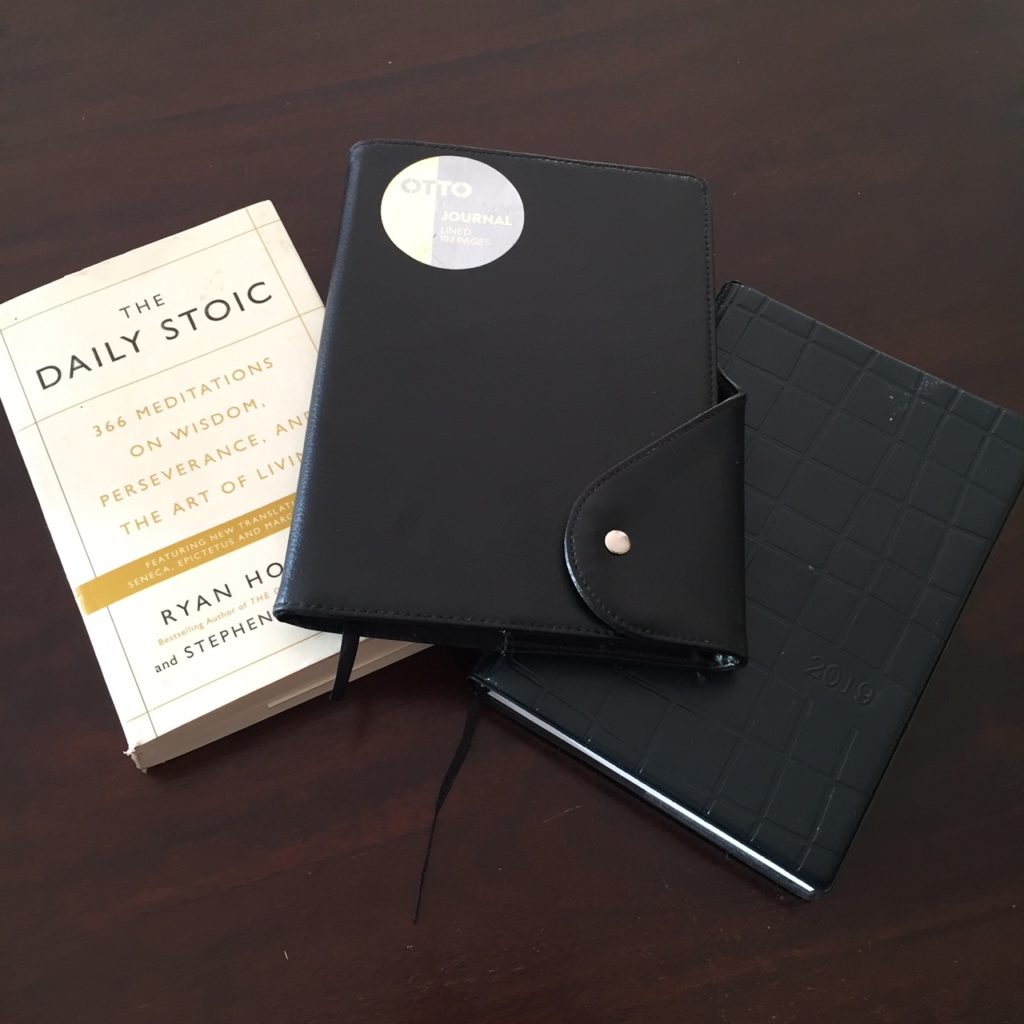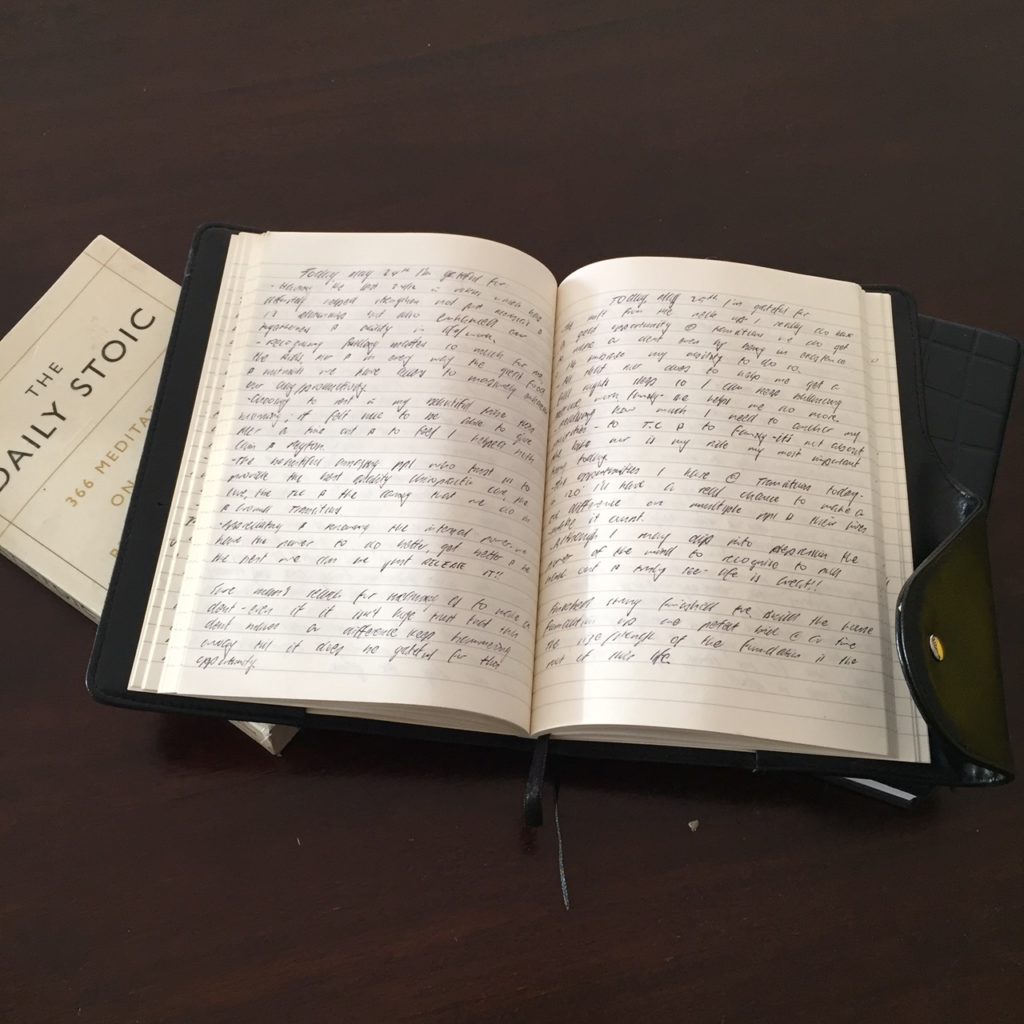Many of you know, a little while ago I tackled something dubbed the Extreme 3 Challenge. It involved 2 extreme ultra distance triathlons in Alaska & Canada and an additional 50km Ultramarathon in Southern California all over 3 consecutive weekends. In total the racing included 7km of swimming, 362km of cycling, 138km of running and about 10,000m of vertical ascent. A little over 500km, and that doesn’t begin to account for the amount of travel in between the events. Nor the physical and mental logistics involved getting to and getting through each event.
Something I said as a passing remark to a dear friend was “I think my head is screwed on a little differently.” After saying that, the thought wouldn’t leave my mind. Just why is my head screwed on a little differently? In the words of “Fight Club” am I really “a beautiful unique snowflake?”

For the better part of three years I’ve been doing deliberate Mental Muscle Training (MMT). MMT has literally been my attempt to nurture, cultivate and change the internal version of my body’s supercomputer, my central processing unit (my brain) to keep up with and ideally adapt quicker to the ever changing world around me. Nothing has or ever will stay exactly the same. I felt that if I didn’t change my mind I would never be able to adapt to the ever increasing rate of change of this beautiful, amazing hyper-speed world.
It is a major Chiropractic belief that our bodies own inner strength and vitality is the key which allows us to adapt to the environmental pressures and stresses of life. MMT has helped me adapt, without this chances are I’d still be looking through World Book Britannica or Microsoft Encarta for the answers and as Carol Dweck says I’d be stuck in a Perfectionist mindset.
Fixed Mindset vs Growth Mindset
Are these deliberate Mental Muscle Training exercises unique and superhuman to me or are they capable for all who are willing? We all have the power to “live life without limits.” The mind, like any other muscle has the potential to change & to adapt and George Bernard Shaw said,
“Progress is impossible without change; and those who cannot change their minds cannot change anything.”
Similarly in House of Cards, Remy Denton’s line, “To grow is to change, to perfect is to change often,” further highlights this need for adaptation.
I believe that we all have the power to change the mind. How you want to change it is up to you. For me, I wanted to change my mind to focus on the positive. I want to see the good that is out there. To be grateful for what I have and to endure. To play the long game and realise instant gratification or satisfaction isn’t the answer and that good things will come to those who wait. This is not just about racing either. The real mind game here is life. A family life with two young children, sustaining a marriage from someone 1/2 a world away and having zero local family support. In addition, running a small business in a profession where people can still consider you a “quack.”
So what do I do for Mental Muscle Training?

Before we get into that can I just preface this by saying I have no formal psychology training, this is what I’ve done and has worked for me. There are some fantastic local psychologists, organisations and online courses out there. If you believe you are in need of professional help, please seek it. In no way am I perfect or would I even try to pretend that I have perfected even one of these practices yet these are some of the practices that personally I have used.
The mind, is the most important muscle we have and we have to feed, cultivate and care for it each and every day. Sure, this takes work but the mind is our internal supercomputer. I don’t want the running of my body left to old, outdated software, or one riddled with a virus. I want to automatically check for and install all positive updates so that the mind I use each and every day is shaped by my creation, not just left to chance….
Gratitude
The attitude of gratitude. It is infectious and can spread like wildfire! Yet gratitude needs to be a conscious thought. This is because the act of gratitude is controlled by much newer cognitive centres in our brains (areas unique to humans). The more primitive areas known as the Reptilian (Lizard) brain are hard wired for survival. The hard wired Lizard brain hijacks powerful positive emotions and instead focuses on survival and fight/flight or freeze states. Being grateful therefore has to be a conscious act. You are not alone if you feel yoy have to slow down and think about being grateful.
My Practice– For over two years now I’ve had a written “Gratitude Journal.” Every day I’ll take out a pen and write down 5 things that I am grateful for on that given day. 3-5 lines on each point helps me illuminate why I am grateful for that thing too. For me this is much more powerful than just thinking it or just writing bullet points, likewise I find the pen much more powerful than the computer. Some research says Gratitude Journals are most effective when practised once/wk. I choose to have gratitude as a foundation block to my outlook on life, as such it is part of my daily practice.
To go alongside the video, article I Never Understood What Gratitude Really Meant– Until I Met This 87-Year-Old-Man is a great read!
Reflections
A relative new addition to my mental muscle repertoire and one that I stole about 18 months ago from the great Marcus Aurelius and his book Meditations. Taking time to “reflect” on the day that past meant I started going to bed with less angst and worry about the things that I hadn’t done or had done poorly. It reinforces that today was “just a day” and there’s another coming tomorrow. Almost an instant grading sheet, a chance to positively or negatively note what happened through the day. Sure, I’m human. I make mistakes and sometimes I want to stew and dwell on them for hours if not days. However, since starting the reflection process I’ve carried a lot less baggage to bed and this has helped not turn a bad day into a bad week or even worse a bad month.
My Practice– In my same Gratitude Journal, I’ll leave space for a small paragraph for my Reflections. Again, I’ll take a few minutes to write down an area that I know I can improve on. Was I present in my conversations? Did I miss a chance to connect? Have I blown a fuse and lost control? All these are very human, but I’d prefer to reduce their impact on my day and recognition is the first step to making a change.
Meditation
Right now the amount of study and research on the positive benefits of meditiation is outstanding. From its original Eastern origins through to Dr Jon Kabat Zinn’s Western approach Mindfulness Based Stress Reduction (MBSR). Reportedly one of the best benefits of meditation is the concept of Mindfulness. Being in the present moment and focused on exactly what it is you are doing. People will often scream that they can’t meditate because their minds just don’t stop. This is exactly what a mindfulness practice is trying to help with. Bringing your attention back to one thing and focusing exactly on what it is you are doing.
Chances are the more focused you are on the one task the better you’ll perform it with enhanced clarity and efficency. The time spent investing in a meditation practice could actually save you time throughout your day. y
My practice– my mindfulness based practice is a combination of a formal and informal practice. Formally, I do a 10-15′ meditation often a Loving Kindness Meditation. As Transitions Chiropractic, we do a 7′ team mindfulness meditation each day. We’ve found huge benefits engaging our kids with meditation (Children’s Sweet Dreams Meditation) as it seems to help calm and relax them too.
Informally, I’ll often find myself meditating when exercising or when adjusting. When my hands are on clients all I’m focused on is delivering the best care possible. Likewise, I never run or swim with headphones or an iPhone. I’ll often choose to really focus on my technique versus just letting my mind wander.
Visualisation
This is a go to practice of mental muscle training that’s been a hallmark of self improvement seminars and lessons for years. Yet visualisation is something I have struggled with for ages. My struggle came from the fact I was visualising the future. I was looking at the end goal, the peak of the mountain and was completely missing out on the climb. Continually visualising a far off destination left me frustrated, angry and annoyed as I was just never there. By focusing on the end goal, I’d eliminated the happiness of where I am right now. Or, what I’ve done today. It helped me get towards that goal even if today was only one small step. So I changed, almost forgetting the goal and as James Clear author of Atomic Habits says, “focused on the process instead.”
My practice– I have an A4 printed sheet of paper that encapsulates exactly where I am right now. There’s a photo of my awesome lil family and a tree illustrating our personal and professional growth. I have a spine affirming my belief in chiropractic and being the best chiropractor I can be. There’s a picture of a community that we love being a part of. A mountain for my far off adventures and a few other things too. I see these things and I am reminded of just how awesome life is in this moment. This helps me be the best version of me today, not tomorrow as it is now, this moment that really counts….
Affirmations
What is the story you are telling yourself? Even with so much to do, our minds ability to consistently chatter away is infinite. Like a song on repeat the story that we tell ourselves about who we are, what we are capable of and why we are here has a huge ability to shape our actual future. Henry Ford’s quote highlight just how much our thoughts control the results.
“Whether you think you can, or think you can’t — you’re right.” Henry Ford
Similarly, Lao Tzu’s quote couldn’t be more profound in just how our thoughts shape our life.
“Watch your thoughts, they become your words; watch your words, they become your actions; watch your actions, they become your habits; watch your habits, they become your character; watch your character, it becomes your destiny.” Lao Tzu
My practice– At home I have about 8 sayings on a simple A4 page. It’s laminated, stuck up prominently at home and in the office. I go through these affirmations each and every day. Telling myself the postive story of who I am and my role both in my family and in my community. As Transitions, daily we discuss our corporate Vision, Mission as well as our Values and Code of Honour. Integral to both home and work life, the positive story we tell ourselves helps to further cement who & how we are, what we are doing and where we are going.
That’s it. My approach to Mental Muscle Training. The mind has a huge amount of influence in all that we do. Similar to the need to train our body, we need to train our mind. It takes time and effort to train the Mental Muscle yet it is absolutely worth the investment. Physical and mental health are way too important to be left to chance. There’s almost zero equipment or gym fees required, just a little bit of hard work. Are you ready to flex your Mental Muscle?





